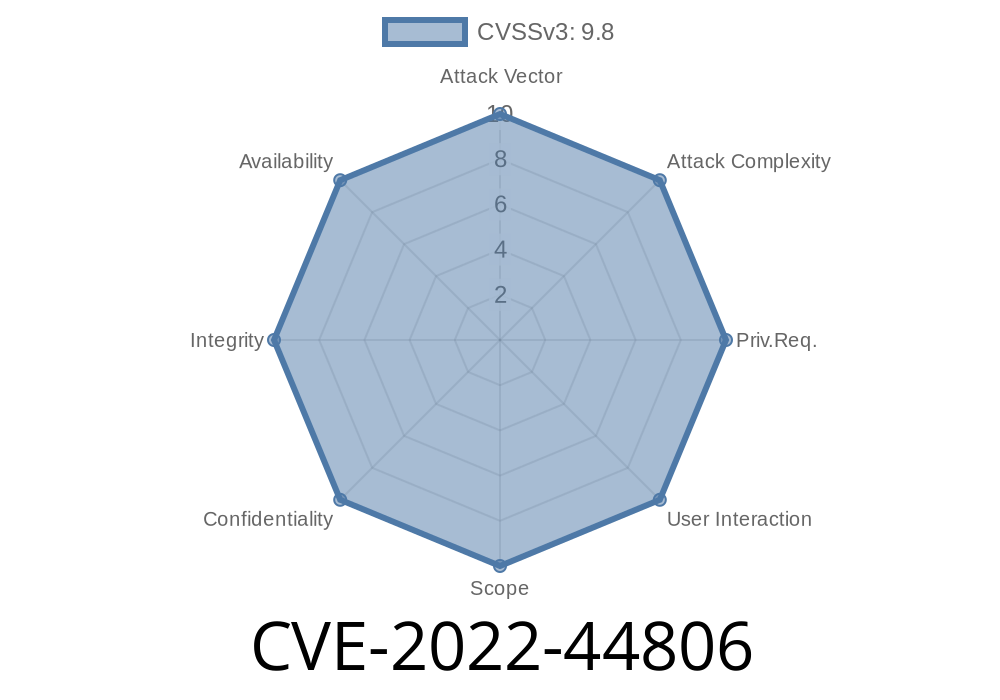An attacker can send specially crafted TCP packets to the targeted device and cause it to crash. A successful D-Link DIR-882 1.10B02 and 1.20B06 Buffer Overflow attack can result in remote code execution. D-Link DIR-882 1.10B02 and 1 can be exploited via Remote Code Execution. A hacker must send the victim a specially crafted URL with a malicious plugin to run a successful attack. D-Link DIR-882 1.10B02 and 1.20B06 has a Pre-Auth Code Redirection vulnerability. An attacker can send specially crafted HTTP requests to the device and cause it to crash. A successful D-Link DIR-882 1.10B02 and 1.20B06 Pre-Auth Code Redirection attack can result in remote code execution. D-Link DIR-882 1.10B02 and 1 has a Cross-Site Scripting vulnerability. A hacker can send maliciously crafted HTTP requests to the device and steal sensitive information. A successful D-Link DIR-882 1.10B02 and 1 Cross-Site Scripting attack can result in injection of malicious codes into web pages viewed by the user. D-Link DIR-882 1.10B02 and 1 has a Persistent XSS vulnerability. An attacker can send maliciously crafted HTTP requests to the device and steal sensitive information. A successful DRedLink DIR-882 1.10B02
D-Link DIR-880 1.10B03 Firmware Upgrade and Installation
If you’re using D-Link DIR-880 1.10B03, upgrade to D-Link DIR-882 1.10B02 or 1.20B06. If you’re using an older firmware, consider updating to the latest version of your device’s firmware.
D-Link DIR-842 1.10B02 and 1.20B06
An attacker can send specially crafted TCP packets to the targeted device and cause it to crash. A successful D-Link DIR-882 1.10B02 and 1.20B06 Buffer Overflow attack can result in remote code execution. D-Link DIR-882 1.10B02 and 1 can be exploited via Remote Code Execution. A hacker must send the victim a specially crafted URL with a malicious plugin to run a successful attack. D-Link DIR-882 1.10B02 and 1.20B06 has a Pre-Auth Code Redirection vulnerability. An attacker can send specially crafted HTTP requests to the device and cause it to crash. A successful D-Link DIR-882 1.10B02 and 1 Pre-Auth Code Redirection attack can result in remote code execution.
D-Link DIR-869 1.20B06 and D-Link DIR-882 1.10B02 and 1.20B06 Vulnerabilities
D-Link releases firmware updates for its DIR-869 1.20B06 and DIR-882 1.10B02 and 1.20B06 products to fix these vulnerabilities.
D-Link DIR-882 Firmware Revision
D-Link DIR-882 1.10B02 and 1.20B06 has a Pre-Auth Code Redirection vulnerability. An attacker can send specially crafted HTTP requests to the device and cause it to crash. A successful D-Link DIR-882 1.10B02 and 1.20B06 Pre-Auth Code Redirection attack can result in remote code execution. D-Link DIR-882 1.10B02 and 1 has a Cross-Site Scripting vulnerability. A hacker can send maliciously crafted HTTP requests to the device and steal sensitive information. A successful DRedLink DIR-882 1.10B02
D-Link DIR-822
1.10B02 and 1.20B06 Buffer Overflow
D-Link DIR-822 1.10B02 and 1.20B06 has a Buffer Overflow vulnerability in the HTTP server module. An attacker can send specially crafted TCP packets to the targeted device and cause it to crash. A successful D-Link DIR-822 1.10B02 and 1.20B06 HTTP Server Buffer Overflow attack can result in remote code execution.
Timeline
Published on: 11/22/2022 15:15:00 UTC
Last modified on: 11/23/2022 19:53:00 UTC
